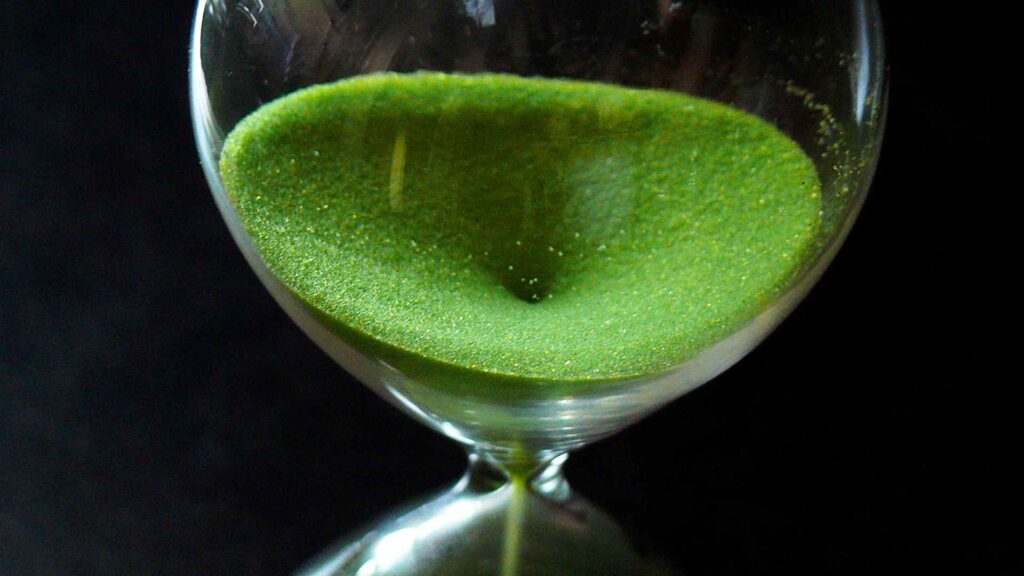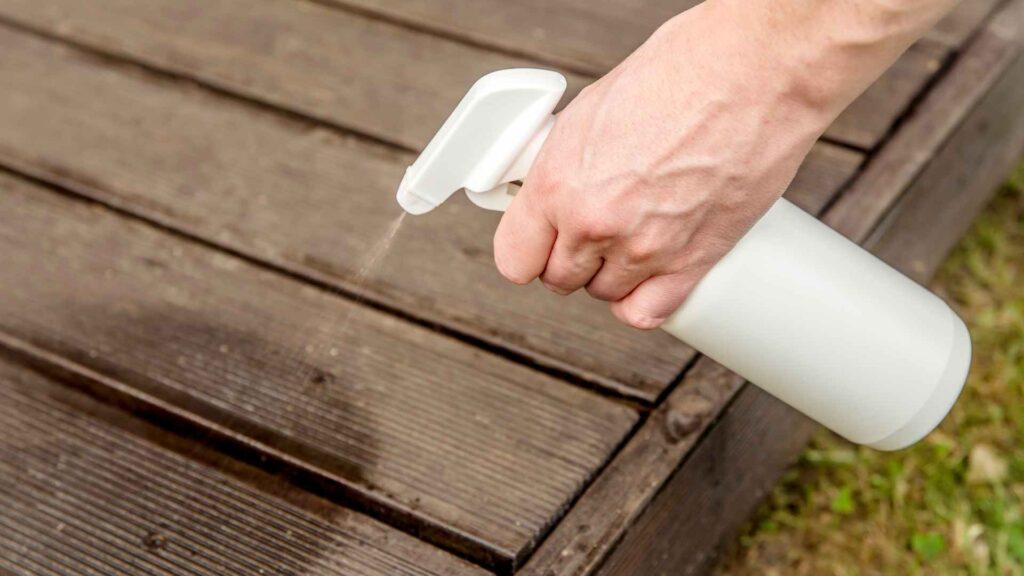Table Of Content
ToggleAs a pest control expert, I frequently encounter homeowners seeking natural solutions for ant infestations. Peppermint oil is a popular choice, and a common question I hear is: “How long does peppermint oil actually repel ants?”
The answer, unfortunately, isn’t a simple one. The effectiveness of peppermint oil as a repellent depends on several factors. Let’s delve deeper into what influences how long this natural remedy keeps those pesky ants at bay.
Peppermint oil repels ants for a short while (hours) initially, but its effectiveness lasts for a few days to a week at most. Reapplication is needed for long-term control.
Here are some popular application methods, along with factors influencing their duration:
Eliminate Ants Effortlessly: Contact Our Pest Control Services!

Here is information about how peppermint oil gets rid of ants:
The good news is that peppermint oil acts fast. Immediately after application, the strong scent disrupts ants’ communication through scent trails, effectively repelling them for a short period. This initial burst of repellency is powerful, but unfortunately, it weakens over time, especially under the environmental factors mentioned above.
The long-term effectiveness of peppermint oil is modest compared to some synthetic repellents. You can realistically expect it to repel ants for a few days to a week at most. To maintain a consistent ant-free zone, reapplication is necessary. Here are some strategies to extend peppermint oil’s effectiveness:
Turn Your Home Ant-Free: Expert Help is Just a Phone Call Away!

Peppermint oil compares favorably to other natural repellents like vinegar or cayenne pepper. However, the duration of effectiveness is similar, requiring repeated application for sustained results.
No More Ants: Let Our Skilled Team Safeguard Your Space!

As a pest control expert, I recommend peppermint oil as a safe and natural first line of defense against ants. While its repellency duration might be shorter compared to some alternatives, it’s a great option for eco-conscious homeowners. Remember, reapplication and combining it with other methods like sealing entry points are key to maximizing its effectiveness. For severe infestations, professional pest control services might be necessary.
Final Thoughts: Peppermint oil offers a natural and effective way to deter ants, but remember, it’s not a permanent solution. By understanding the factors influencing its duration and employing strategic application methods, you can create a more ant-free environment in your home.
Yes, ants can stay away from peppermint oil due to its strong scent that disrupts their ability to communicate and navigate, acting as a natural repellent.
Peppermint oil’s effectiveness in keeping bugs away can vary based on factors like concentration, application method, and environmental conditions. Typically, it can repel bugs for several hours to a few days before needing reapplication.
Ants strongly dislike the smell of certain essential oils, including peppermint, cinnamon, citrus, and tea tree oil. These scents disrupt their pheromone trails and deter them from entering areas where these odors are present.
For a DIY peppermint oil spray to repel ants, you can mix around 10-20 drops of peppermint oil in a spray bottle filled with water. Adjust the concentration based on the severity of the ant problem and the area you need to treat.
Your trusted pest control experts in Southern California. Keeping your neighborhood pest-free!